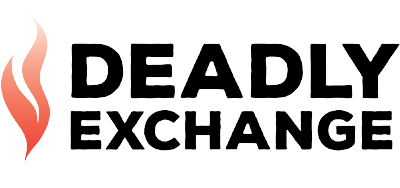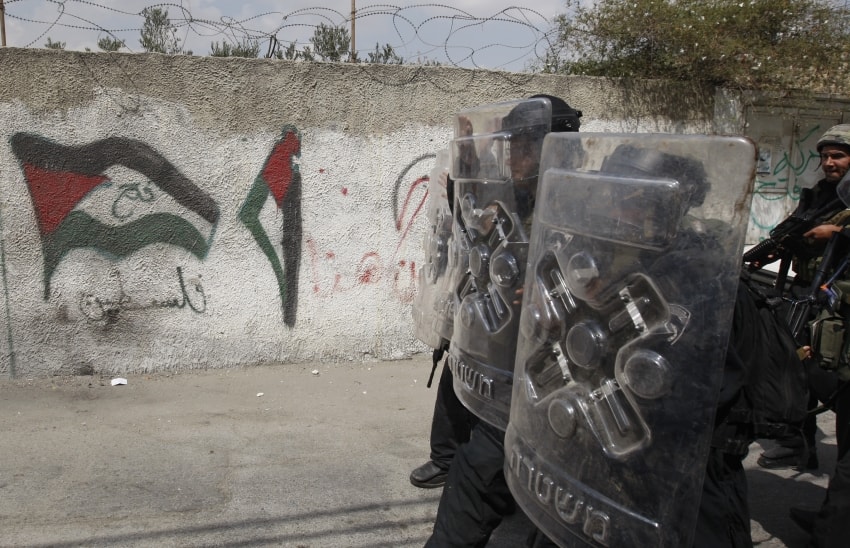By Alex Kane
In early September, a delegation of U.S. law enforcement officers flew to Israel for a week-long series of trainings with Israeli security forces.
These delegations have become routine in the aftermath of September 11, 2001, and they often take place with little scrutiny.
But this time was different. A week before the delegation, members of the Jewish Voice for Peace (JVP) chapter in Washington, D.C. obtained a document providing details about the training. Those details had turned up in the Metropolitan Police Department’s response to JVP’s public records request, because a Washington, D.C. cop was joining the delegation.
So JVP members swung into action to call attention to the trip, which they saw as troubling, because U.S. police—already under scrutiny for racial profiling and excessive force—would be training with security forces accused of human rights abuses. They contacted local officials to inform them of the delegation, and they also spoke to news outlets about the document they obtained.
Their efforts made waves. A news report published by The Intercept cast a harsh light on the delegation. And on September 7, David Grosso, a Washington, D.C. Councilman, sent a letter to the city’s police chief, writing that he was “troubled” a police officer would be training with Israeli security forces that have engaged in “human rights violations.”
The elected official’s criticism was a win for JVP’s Deadly Exchange campaign, an initiative launched in April that seeks to halt U.S. law enforcement trips to Israel.

